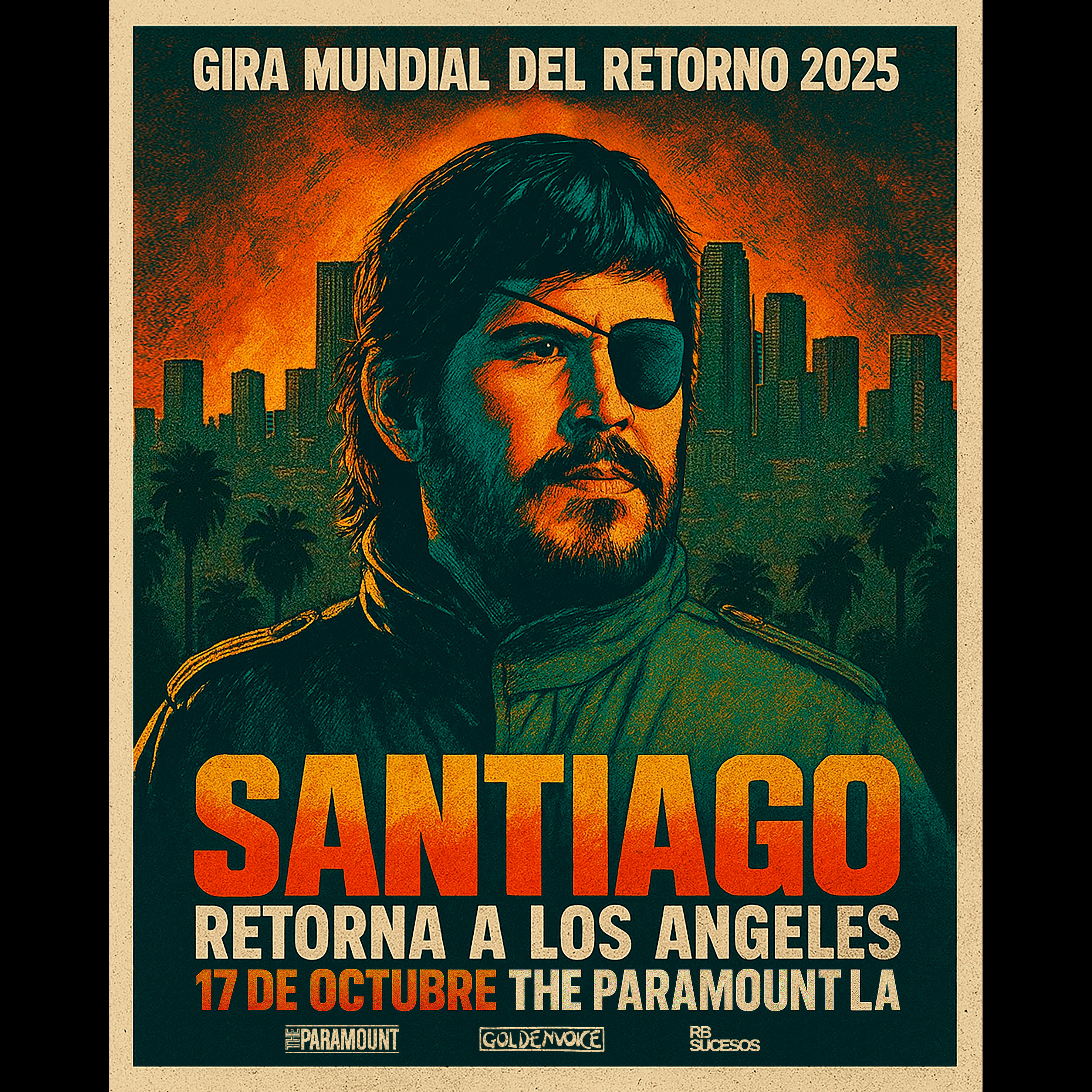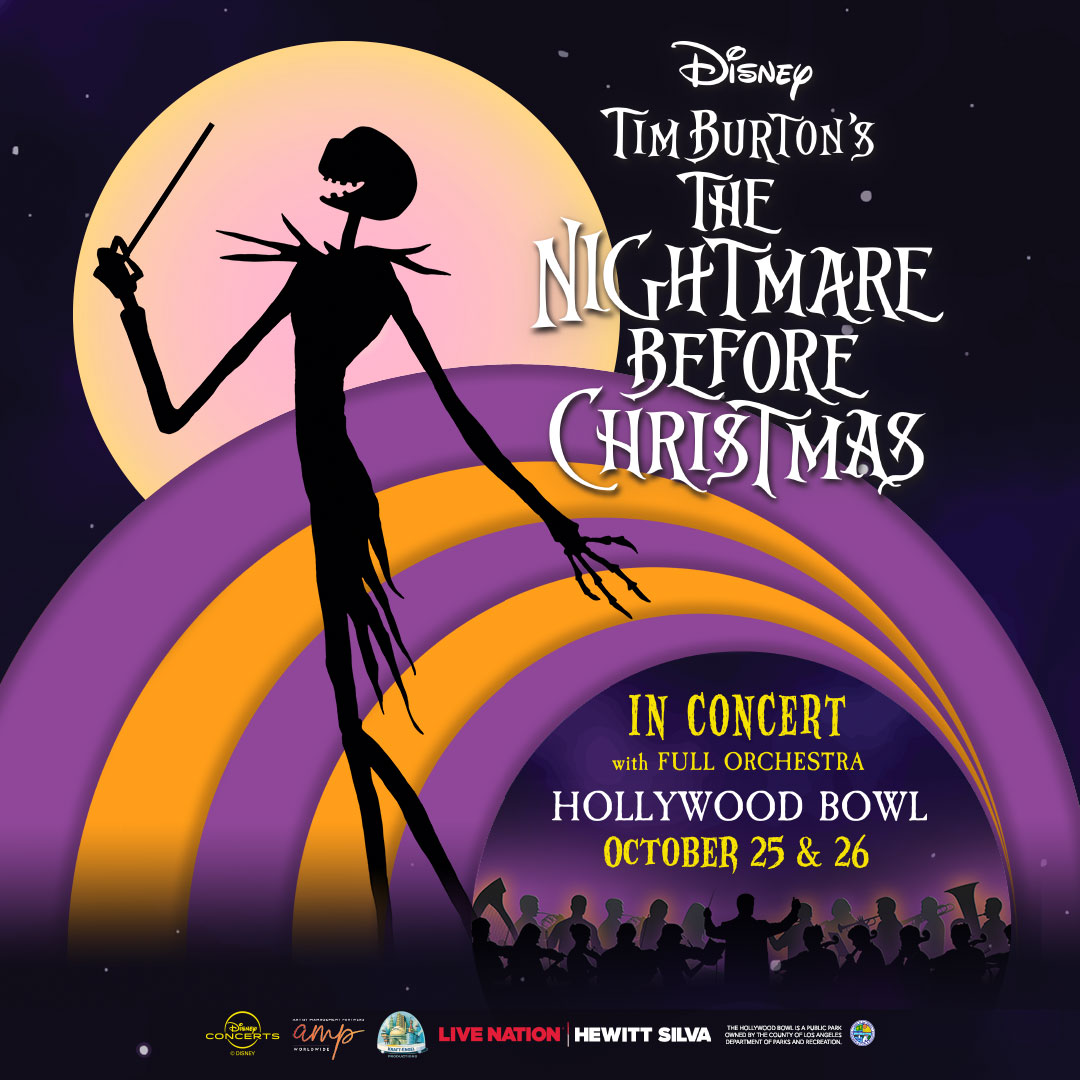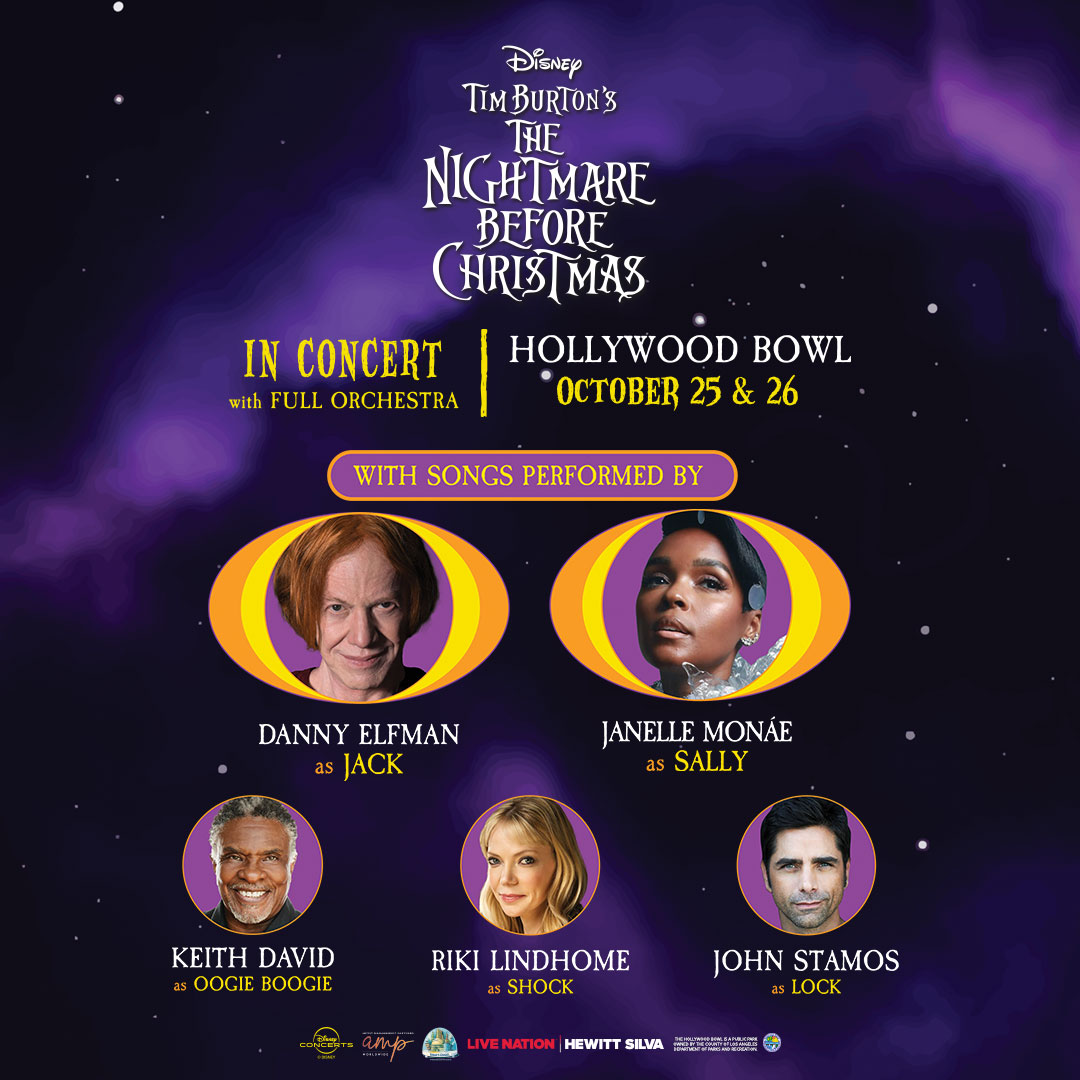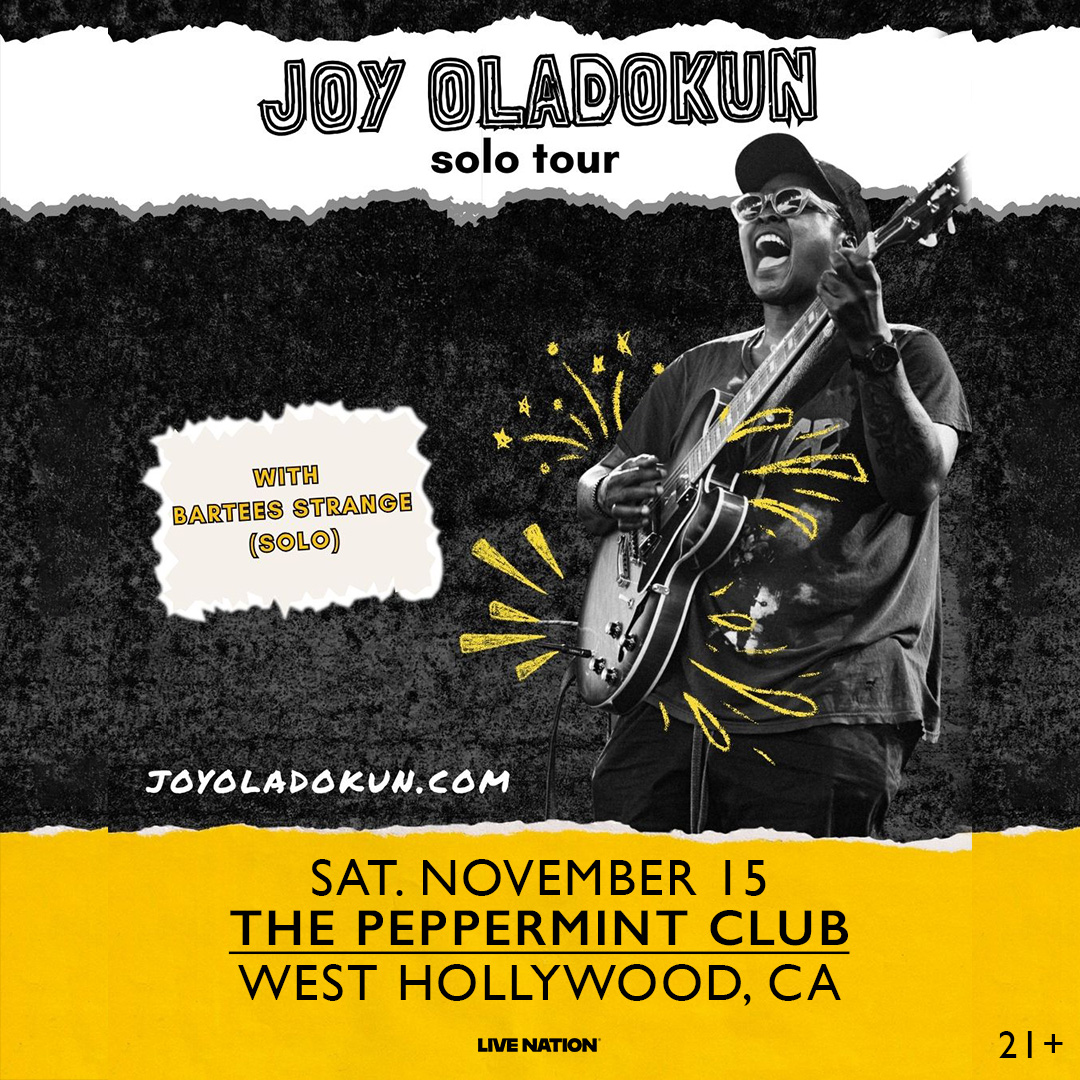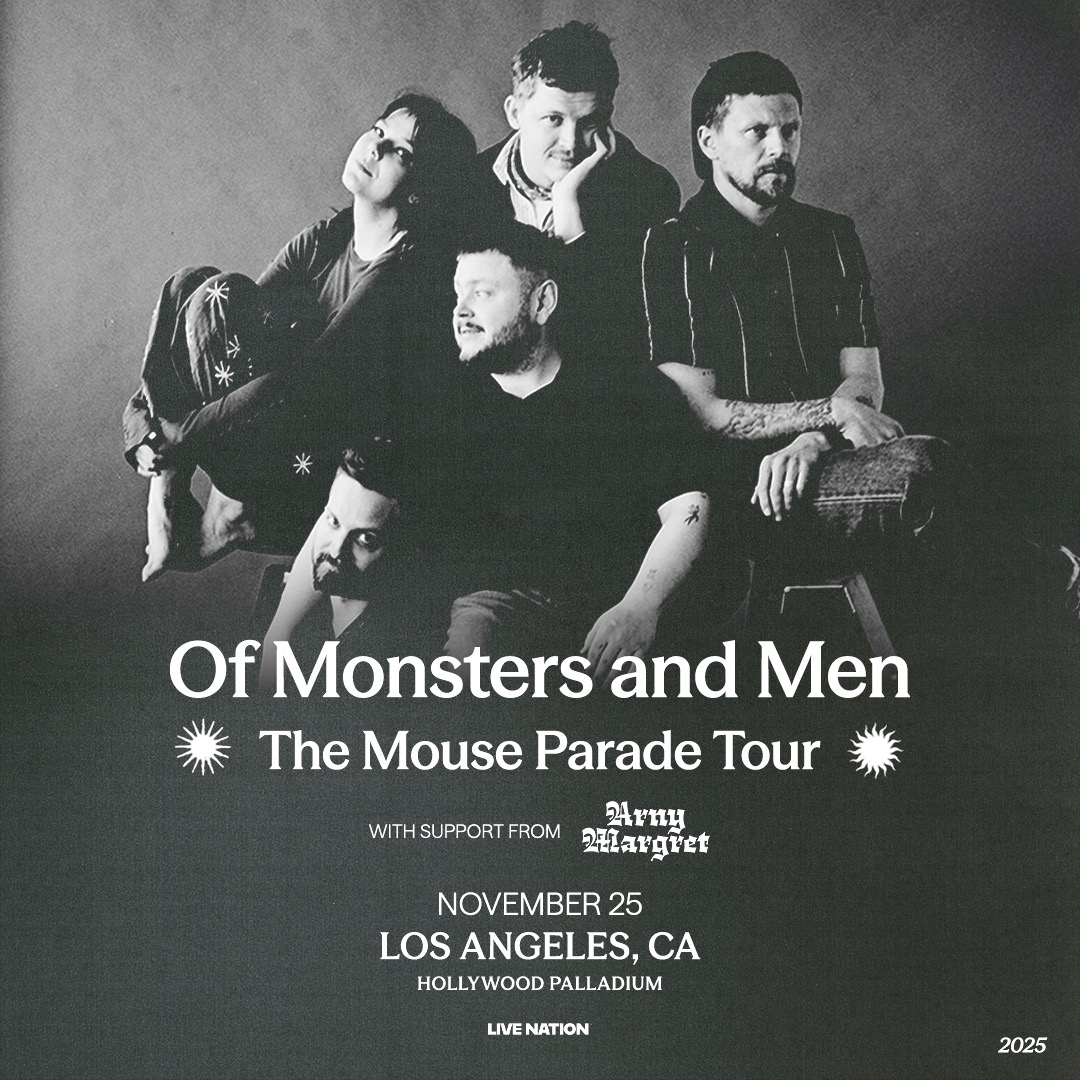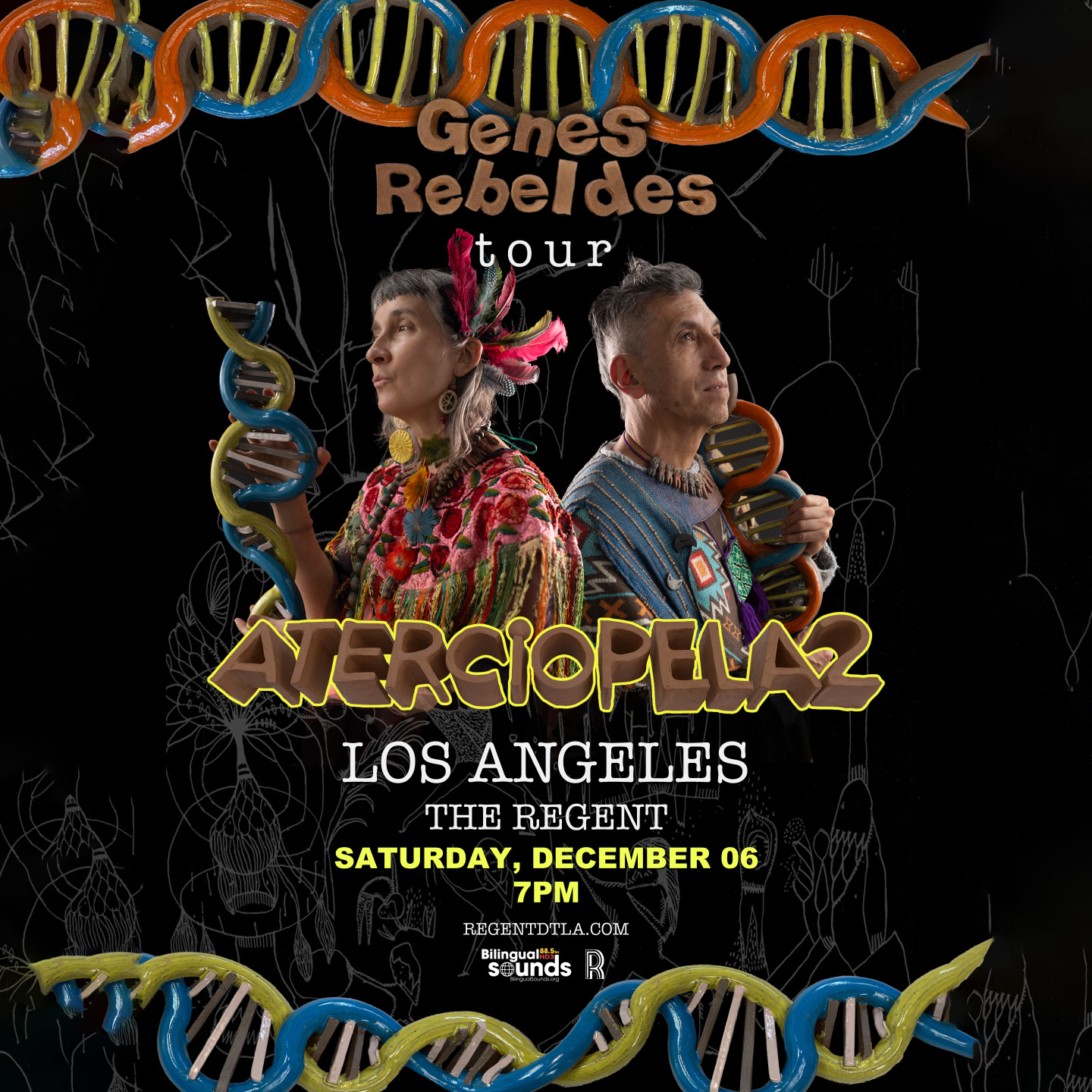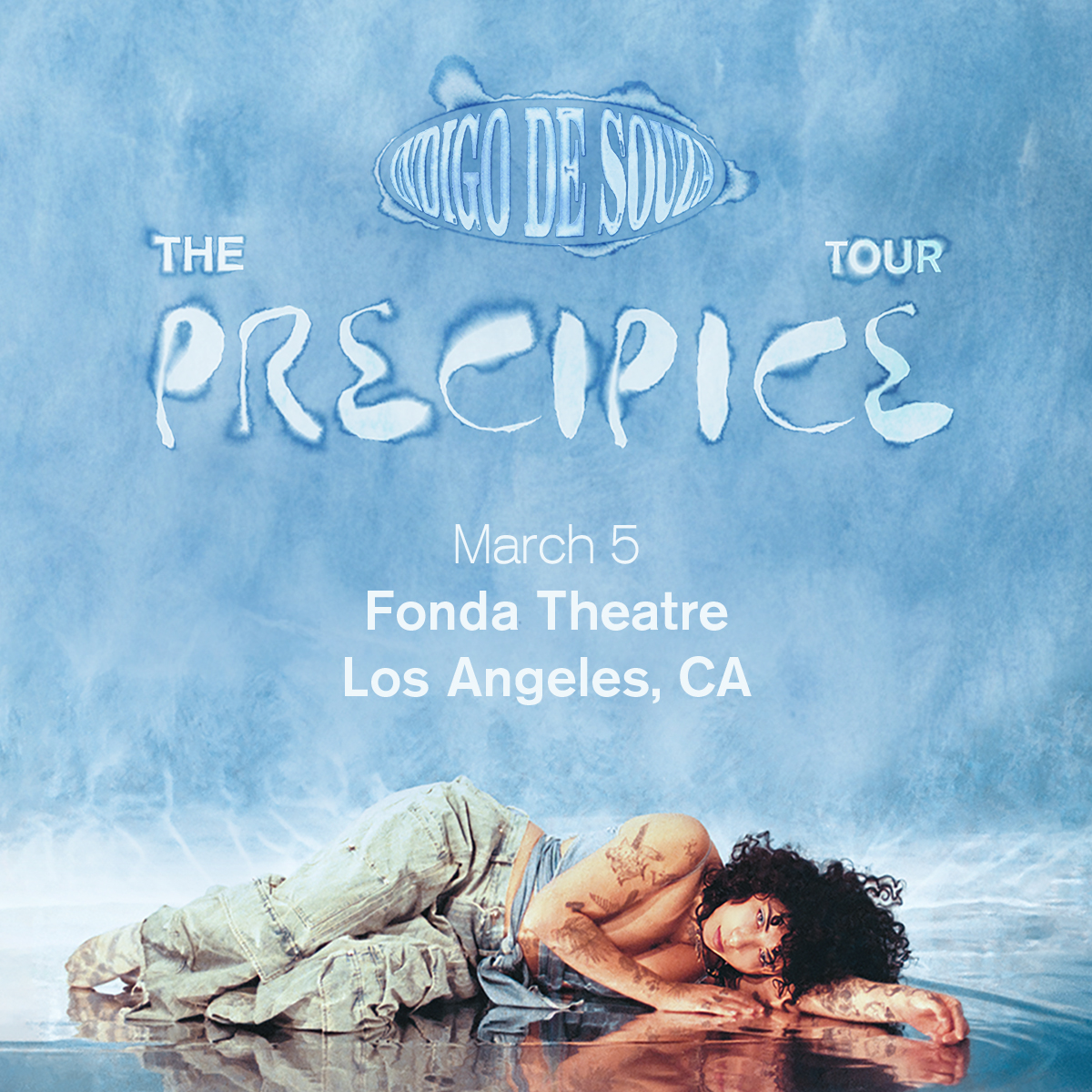Written by Andy Chanley
September 12, 2023, marks 20 years since the passing of Johnny Cash. Some of my fondest early memories are of watching The Johnny Cash Show on Wednesday nights in 1971 with all eight members of my family gathered around. One week, Bob Dylan would guest star; the next, Eric Clapton. In one particularly notable show, Neil Young, Linda Ronstadt and James Taylor each performed. The greatest musicians of the 20th Century were drawn toward this fatherly icon, and you could just feel his family’s warmth right through the television screen.
They say you should never meet your heroes because they’ll disappoint you; and actually, I never did meet The Man in Black face-to-face. But, I experienced enough of Johnny, and the character of the people in his orbit, to be convinced that there’s absolutely no way I could ever have been disappointed.
On October 18, 1995, Johnny played The Vogue theater in Indianapolis. I remember thinking that, like the TV program, it was fitting that this Johnny Cash show would fall on a Wednesday night (and it’s eerie that 2023 mirrors that year’s calendar). It would be a very late night for me, a budding morning show host on Indy’s alternative rock radio station. But, it was worth the bleary eyes the next morning to catch a glimpse of someone I saw as larger than life.
I had interviewed Johnny the previous Monday by telephone. He was playing in Wisconsin that night, but took time out to chat about his recent career renaissance. He had the letter I’d sent to his manager, Lou Robin, in his breast pocket – the one in which I declared that “I’d eat my own head for the chance to interview Mr. Cash.” He said he was flattered by the words (or maybe just glad it wouldn’t have to come to that); but, snagging this interview was a huge coup at the time. You could hear the nerves in my voice as I stumbled through one of my first big interviews, and you could hear his generosity and patience with a green kid on the very lowest rung of the showbiz ladder.
He shared a fantastic story about the cover of his first album with producer Rick Rubin, American Recordings. The photo featured Johnny (all in black, of course) standing in an Australian wheat field with two dogs at his feet. Most folks probably thought the dogs were from Central Casting, held in check by trainers with treats. But as Johnny told it, he’d not seen these dogs before or since – they just happened to trot over from a nearby stationmaster’s house to investigate this dark apparition in a duster. He named the black one with white markings Sin, and the white one with black markings Redemption. The dogs stayed put for one iconic shutter click, then wandered off back home. “There I stand,” he said, “Halfway between Sin and Redemption.” He said it in a way that sounded satisfied with that snapshot as a metaphor for his entire life.

The show was fantastic. Johnny seemed gratified to see a multitude of young folks at the foot of the stage, so much so that he modified his usual “Hello, I’m Johnny Cash” greeting to bellow, “Hello, grandchildren!” But his fans that night actually ranged from 18 to beyond 80, with diversity you might expect at a club in a more international town. Hipsters (before they were even called that), bikers, elders, and a rainbow of people of color – I have a permanent, vivid memory of everyone clapping in unison and singing along to The Carter Family’s “Will the Circle Be Unbroken,” a childlike smile on every face.
In our prior communication, Johnny’s manager Lou asked that I introduce myself to him at the show, which I took as mere politeness; but, when I happened to see him standing idle outside the venue, I said hello. Lou was cordial, explaining that the bus was pulling out soon to get a start toward Atlantic City, the next stop on the tour. I thanked him again for orchestrating the interview, told him how much I enjoyed the show, and wished them all the best.
By the spring of 1999, it felt like I’d undergone a lifetime of changes: I’d relocated to Los Angeles, ended a marriage, and was two radio stations further on in my career. In that same timespan, I wasn’t surprised that Johnny recorded and released another Rubin-produced album, the superb American II: Unchained, this time with Tom Petty and the Heartbreakers as his backing band. But I was surprised to hear that June Carter Cash had made her first ever solo album (how was this possible after a lifetime in the music industry?) and there would be an album release party that May at The Troubadour in West Hollywood. So, I resolved to be there to root her on.

I arrived early for a drink with a friend when I spied a familiar face. It was Johnny’s manager, standing alone near the stage. “Lou? I’m Andy. You don’t remember me, but you set up a radio interview with me and Johnny years ago in Indianapolis. Just thought I’d say hi.” A look of recognition took shape. “Andy, yeah,” he said, glancing down and back. “We met at The Vogue, right? That was a fun show.” I was astonished. Four years had passed under the wheels, yet he recognized a virtual nobody he’d met for five minutes in a parking lot 2,500 miles away. And he remembered the show that night. It was clear to me that this wasn’t something that these people sleepwalked through.
“What brings you out here?” Lou asked, a Southern Californian himself. I told him that I was doing the same thing, but here in L.A. “I’m just here tonight as a fan, though – wouldn’t wanna miss the launch of June’s career,” I joked. Lou grinned, then pointed to the stage, “Well, would you mind emceeing the show?” If I was astonished before, I was now gobsmacked. Was he serious? Well, then, yes, I would do my very best.
It would be in two parts: First, I would introduce her son’s musical group, then later, bring on June herself. As I stepped to the microphone, the crowd roared – not for me, of course, but in anticipation of the musical royalty that would soon appear. A who’s who of talent was in attendance, even by Hollywood standards. I saw some Chili Peppers, some Heartbreakers, and too many famous figures of stage and screen to list. I introduced myself and started the show.
“You know your headliner tonight as a member of the legendary Carter Family,” I said to applause. “And you know that she’s run with a sorta dangerous boyfriend for these past 30 years.” Cheers and whistles. “But tonight, if you can believe it, she’s celebrating the release of her first solo album ever.” More applause. “Tonight isn’t about country music. It isn’t about folk music. It’s about American music...” I wouldn’t exactly call it poetry, but I was grateful for the thunderous applause – after all, I was speaking from the gut, and making it up on the fly. I told the crowd she’d be out soon, but first they’d be treated to John Carter Cash’s folk ensemble, The Living Circle Band.
As I walked off stage, Lou intercepted me. “Somebody wants to say hello,” he said. He led me to the foot of the stairs that led up to the green room. There, standing in the shadows, was June Carter Cash. She took my hand and clasped it tightly in hers. “Thank you so much for those kind, kind words,” she beamed. Smiling down from above, she seemed regal, almost holy. I told her it was my pleasure to witness the occasion, and she went on, “My husband John is here tonight. After the show, won’t you come upstairs and say hello?” That Cash family warmth that I could almost feel through the TV as a kid – I was enveloped in it now. “Yes, ma’am,” I smiled. “I’d like that.”
The show was lovely and lively, with June performing all of the songs from her new album, and sharing true stories and folksy yarns in between. She seemed extremely gratified by the experience, leading her understated band with her ever-present autoharp. After nearly an hour, she called Johnny to the stage. “Hello, I’m Johnny Cash,” he said, his voice somewhat mellowed by the neuropathy that plagued his later years. But the call to perform seemed to energize him as the pair sent up spirited renditions of the gospel-tinged “The Far Banks of the Jordan,” their long-time live concert staple, “Jackson,” and more.
All too soon, the show ended, and the roar of the crowd dissipated, though the room still buzzed in afterglow. I was now going to take June up on her personal invitation to pay my respects backstage. But just then, the crowd divided before my eyes: One throng headed for the exit, while another mass queued up to ascend to the green room. There must have already been 50 people in line, and I recognized a couple dozen of their faces from album covers or magazine pages. Dear old friends of the family, new creative partners, and a gaggle of famous fans were waiting for an audience with Mr. and Mrs. Cash, and I couldn’t blame a single one of them.
But, I decided, I was not going to be one of them. If Johnny and June would spend just one minute with each guest, they’d be there for an hour; and my experience pegged them to be even more gracious than that. Johnny was now plagued by a degenerative illness, and I reckoned shows like these could sap a lot of wind from his sails. Then to host a receiving line of their myriad friends – and even more people they’d never met? It seemed selfish for me to pile onto that; so, I waved it off and made for the exit myself. Besides, I thought, they’d given me enough already.
June passed away less than four years after that night, and Johnny followed her less than four months later. These were those rare passings of famous strangers that actually hurt my heart. Maybe the pain was the result of some exaggerated bond I had conjured with them in my mind. Perhaps it’s because I shared a love of their music with my parents, and this loss forced me to contemplate their mortality. Or maybe I was just mourning the loss of a beloved, iconic artist who’d always existed in my world. But, I’ve landed on this: I think it hurt because they struck me as truly decent individuals who continually opened their hearts to people to whom they didn’t have to. And they just don’t make too many of those anymore.


